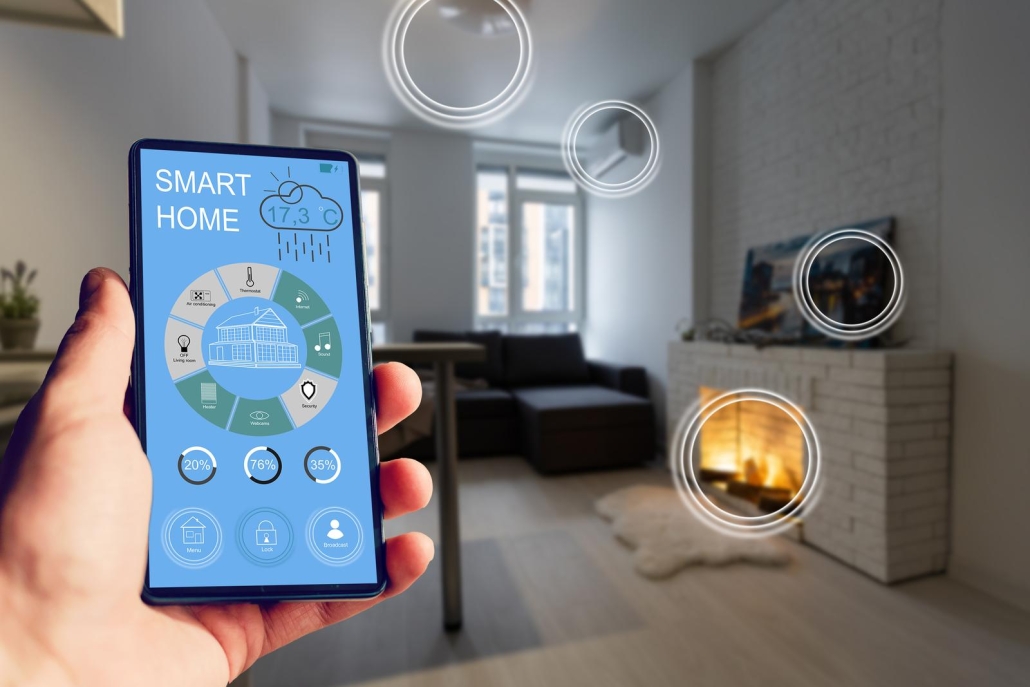Matter is finally out, and it can bring much-needed order to the smart home market. Moreover, the tech sector has high hopes for Matter, which could play a pivotal role in innovation for smart home devices.
Matter 1.0
The development of Matter has been underway for years, and the standard has had to be delayed several times, but this time it has finally happened after a long wait. It has seen an incredible surge in support, and we are hopeful that this will bring about real change in an otherwise challenging home automation industry.
The Connectivity Standards Alliance (CSA) has released Matter 1.0. In addition to completing the standard, the CSA is now inviting smart home products to undergo compliance testing.
Solving the compatibility issue.
If you’ve tried to equip your home with smart devices, even on a basic level like updating your lighting, you’ve likely run into compatibility issues. While thorough research can help make setting up a smart home system smoother, users should still expect some hiccups on the way. This is the problem that Matter tries to solve. They tried to create a standardized platform where you could say goodbye to compatibility issues and create an ecosystem where everyone could purchase different gadgets and then happily integrate them.
Industry-Wide Support
The development of the standard began at the end of 2019 and was backed by most major IT market players. The Matter protocol was launched in collaboration with Amazon, Apple, Google, Samsung, and Zigbee. In addition to Zigbee, the Matter protocol includes Thread mesh technology solutions built on open standards.
Matter Certified
The CSA will issue a certificate of compliance for Matter and will be responsible for testing all devices from now on. This is the beginning of an era where even less experienced users will not have to worry about compatibility issues and can mix and match their favorite brands.
Speed, Security, and Compatibility
A Matter 1.0 incorporates Wi-Fi, Bluetooth, and the Low-Energy extension for use with Thread-enabled smart homes. This system provides a quick connection with very low power consumption. In addition, networks can heal themselves by creating more connection points, making smart home systems more reliable.
Matter promises to place a great emphasis on security. But, of course, it will only become apparent during more difficult trials whether it can operate reliably with dozens of manufacturer’s devices in a real environment.
It is also important that the products can work together seamlessly with voice-based digital services such as Alexa, Google Assistant, or Siri. Voice commands are likely to be uttered frequently in smart homes, making this a key consideration for consumers.
New Wave of Products
In the coming years, we will see a steady stream of products that support Matter, with Google’s Nest Wi-Fi Pro already serving as a foundation for the technology. In addition, the Google Home app has also added support for the standard. Philips Hue devices will also support the standard via Signify; LG announced many new devices supporting Matter, and the list continues.
in Conclusion
The release of A Matter 1.0 does not mean that all problems are solved, and everyone can relax now. On the contrary, this is just the beginning; the developers are continuing to work on making it even better in the future. Nevertheless, this release is the first step to making IoT systems more straightforward, secure, and valuable, regardless of who operates them and where they are deployed.
If you want to upgrade your home or business with smart technology, we’re happy to provide a free consultation and discuss your project. So give us a call today!
